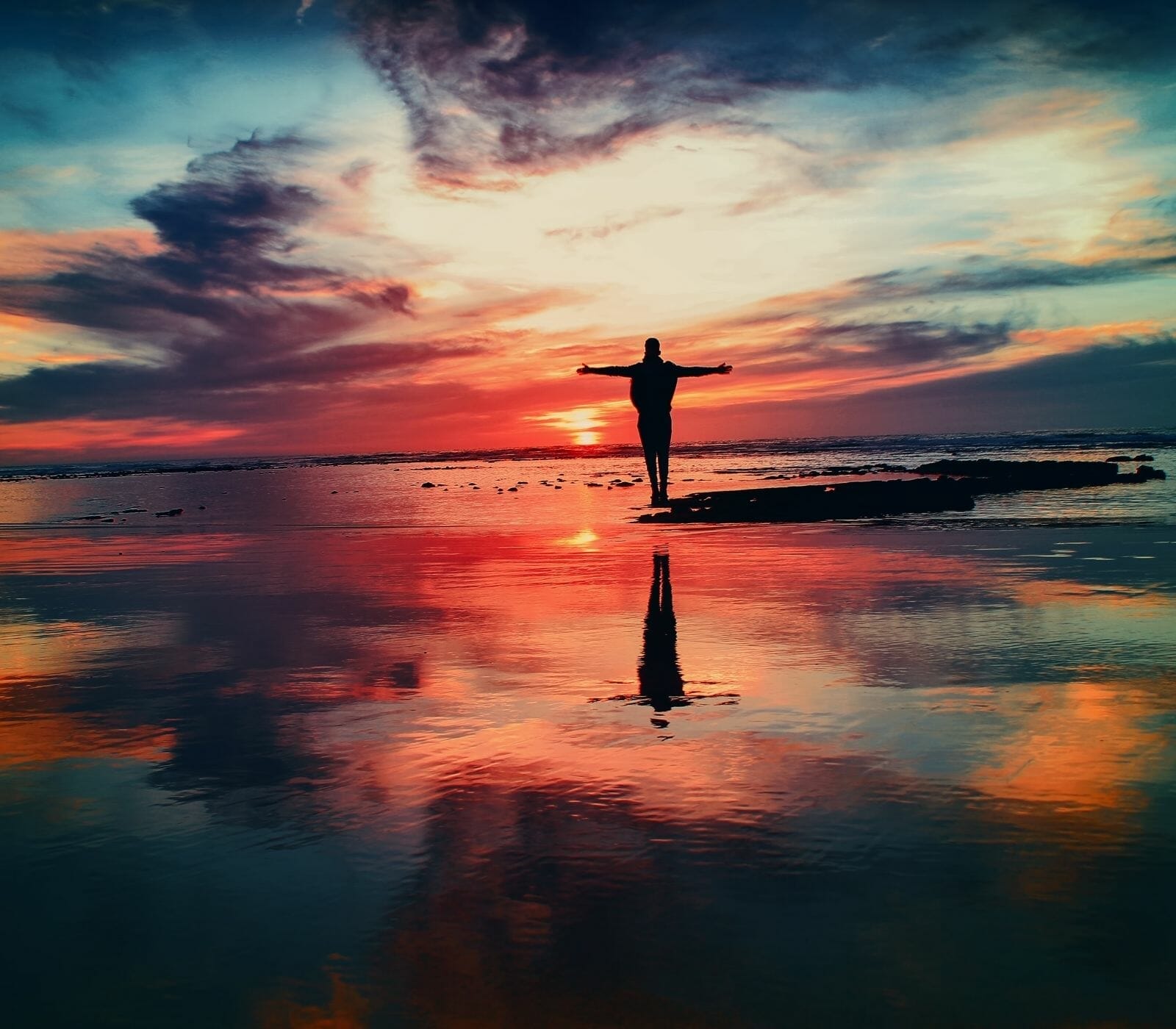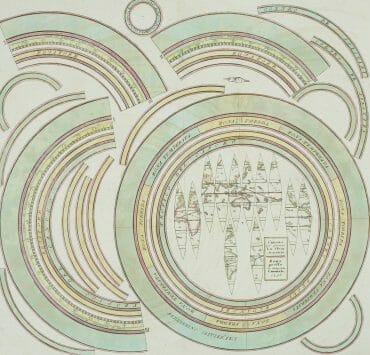What Life Expects from Us

There are only two types of people: decent human beings and indecent human beings. Perhaps, it does not matter what we expect from life, but rather what life expects from us. Choose to be a decent human being.
What Life Expects from Us
By Debra Poneman
When people remember the great Austrian psychiatrist and psychotherapist Viktor Frankl, they don’t usually think of the genius who developed the psychological approach known as logotherapy. Instead, they, justifiably, think of the Holocaust survivor who gave new meaning to the word freedom.
In Frankl’s classic book Man’s Search for Meaning, he famously said, “When we are no longer able to change a situation, we are challenged to change ourselves.”
Frankl said that each of us has total freedom because freedom is not dictated by our outer circumstances but rather determined by our inner state. Suppose Frankl could experience freedom in a concentration camp where the absolute worst of human depravity was inflicted on the inmates. Can we not experience it when we feel trapped in a job or relationship or life circumstance and are, more often than not, prisoners of our own making?
If we learn nothing else from Viktor Frankl, freedom is a choice we must make at every moment—and there is always a choice.
So let’s look at some things we might be able to do in our own lives to achieve the type of freedom that seems unattainable by us mere mortals.
HAVE A PURPOSE GREATER THAN YOURSELF
One of the observations Frankl made was that the prisoners who survived had a purpose that inspired them to keep going no matter what—a responsibility to something greater than themselves.
For some, it was a child who they managed to send off to a country where they were safe or a spouse, they believed would be waiting for them once they were liberated. For others, it was an unfinished book or piece of art or a scientific work they had begun. Yet, they knew their contribution would make the planet a better place and needed to complete it before they died.
Those who held a vision of what they wanted to create in the world, even if it just lived in their hearts, were the ones who made it out alive. The vision gave them the courage to live and a sense of inner freedom.
In his teachings, Frankl often refers to the words of Nietzsche: “He who knows the ‘why’ for his existence will be able to bear almost any ‘how.'”
SHARE YOUR BANANAS
In my life, I’ve often worked and played amongst the wealthy and successful. I mean, I’m not BFFs with Warren Buffet or Elon Musk (although I did once go on a private safari with Richard Branson and his extended family), but most of my associates are statistically in the top 1 percent of the world’s wealthiest individuals. But are they most free? Although I hesitate to be the judge of how free they consider themselves to be, I’d say that some of the people I’ve grown to know and love who live in mud huts in Haiti are far more free. Why?
I believe the answer is aptly illustrated in something Marianne Williamson said to me. I had just returned home from a developing country. I told her about my visit to a community of people who lived under tarps in a junkyard but seemed so happy. She said, “The reason these people are happy is that if they have two bananas, they will always give one away. The reason so many people we know are so miserable is that they have all the bananas they want, but they have no interest in sharing them.”
Frankl saw men who had everything taken away from them, including their families, homes, livelihoods, and possessions—even their names that became numbers tattooed on their arms—but they never lost their freedom to share their bananas.
We who lived in the camps can remember the men who walked through the huts comforting others, giving away their last piece of bread. They may have been few, but they offer sufficient proof that everything can be taken from a man but one thing: the last of the human freedoms—to choose one’s attitude in any given set of circumstances, to choose one’s way.
Frankl even recounts a time when a guard, at significant risk to himself, secretly gave him a piece of bread. “It was far more than the small piece of bread which moved me to tears at the time. It was the human ‘something’ that this man gave to me— the word and looked which accompanied the gift.”
BE A DECENT HUMAN BEING
Yet, Frankl says, at the same time, the senior warden, who was a prisoner himself, beat other prisoners at even the tiniest indiscretion, leading Frankl to conclude, “The mere knowledge that a man was either a camp guard or a prisoner tells us almost nothing. Human kindness is present in all groups, even those which as a whole it would be easy to condemn.”
Frankl speculates that there are only two types of people: decent human beings and indecent human beings — and both can be found everywhere. They exist in every group and every society.
I look at them as free human beings and captive human beings.
Those who are bound by hate are not free. However, those who can find a way to love and be decent humans even in the most unbearable circumstances are free.
That is the type of freedom that each of us has the opportunity to experience every day of our lives.
Frankl eventually concludes that there is no final answer to the question: “What is the true meaning of life?” He says that we all need to answer that question for ourselves. But he does say that life essentially tests us at every moment, and the answer is revealed in how we respond. He says that freedom is not found on some mountaintop but is found daily and hourly in our choices.
We had to learn ourselves and teach the despairing men that it did not matter what we expected from life, but rather what life expected from us.
You will also enjoy Situational Ethics – The Crisis in Everyday Life
Click HERE to Connect with your Daily Horoscope on OMTimes!
Visit Our Astrology Store for Personalized Reports
About the Author
Debra Poneman is a bestselling author, founder, and CEO of Yes to Success Seminars – yestosuccess.com
OMTimes is the first and only Spiritually Conscious Magazine. Follow Us On Facebook, Twitter, Instagram, Linkedin, Pinterest, and Youtube
OMTimes Magazine is one of the leading on-line content providers of positivity, wellness and personal empowerment. OMTimes Magazine - Co-Creating a More Conscious Reality





